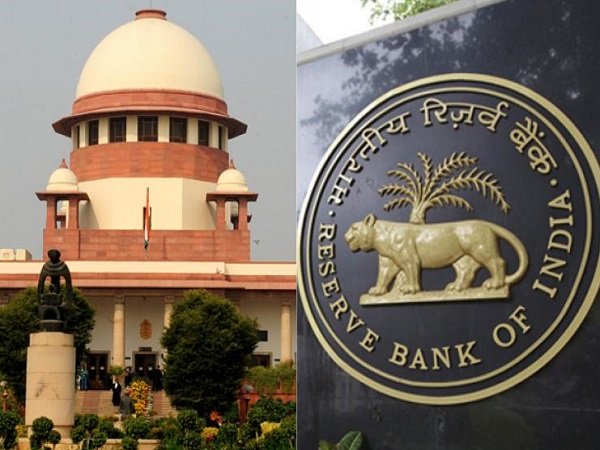

By Linus Garg
First publised on 2021-03-24 08:33:02
The Supreme Court, in an excellent decision, refused to extend moratorium on loans allowed by the RBI due to the pandemic. It also refused to allow complete waiver of interest on loans during that period. Finally, it also vacated the restriction it had placed by asking banks not to classify any loans as delinquent after September 2020 if they had not been declared NPAs within August 2020.
The court rightly said that it cannot judge policy decisions of the government or the regulator if they are not prima facie mala fide or arbitrary. This is a welcome observation by the apex court as it means that the judiciary is not willing to step in the executive's domain. Even if the policy decisions of the government hurt some sections, they cannot be taken to court to satisfy that section if they are for the good of all. Complete waiver of interest would have placed banks in a precarious condition as they would have been unable to service deposits or recover costs for running their operations.
However, the court has ordered that compound interest, or interest on interest, collected from any borrower during the moratorium period will have to be e by adjusting it in the next installment. The court has also done away with the Rs 2cr limit the Centre had set for this purpose by calling it arbitrary and irrational. Hence, banks will have to adjust the compound interest collected by them for all big and small borrowers.
The best part of the order is that the banks are now free to classify the loans as per the repayment status after August 2020. This means that many borrowers who were using the SC restrictions to avoid repaying loans will now have to come clean or face being branded as delinquent. This was necessary as the true picture of bad loans in the banking system, post the pandemic and the moratorium, was hidden. Now the banks can assess the situation and move ahead.











